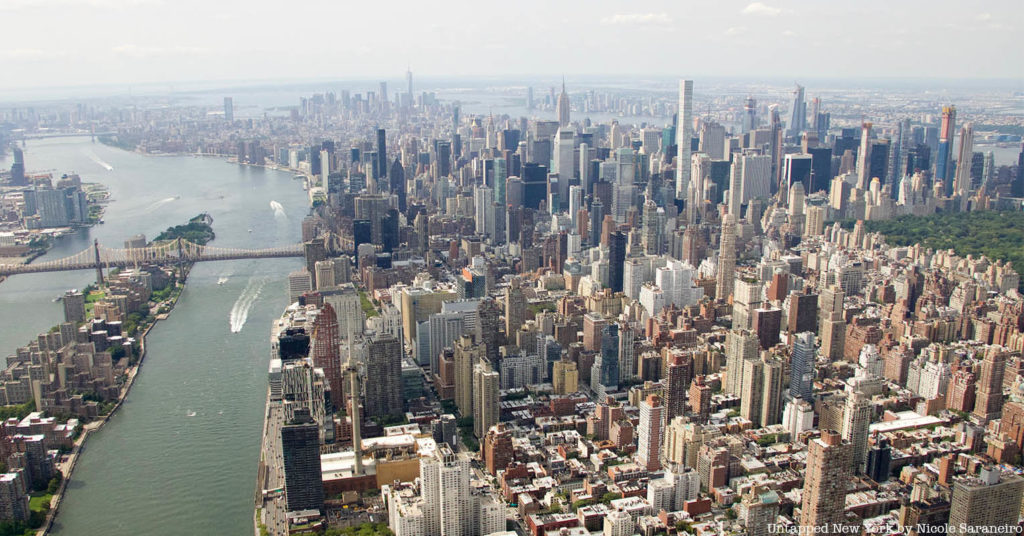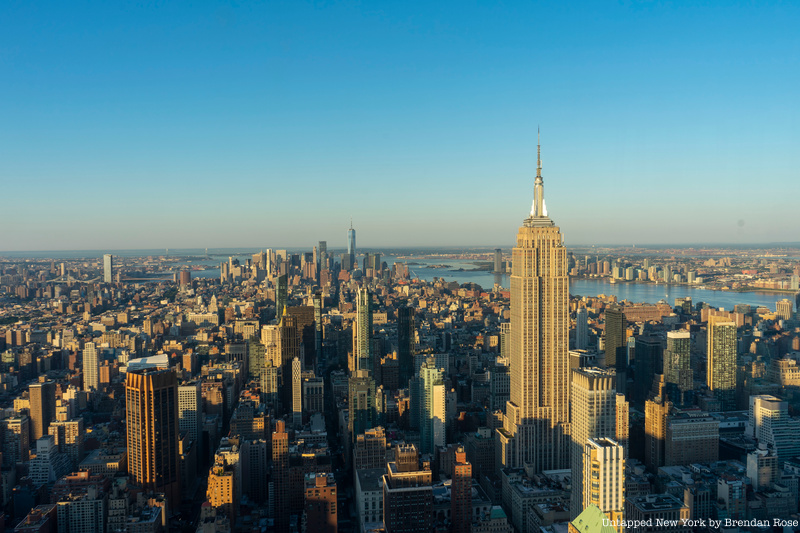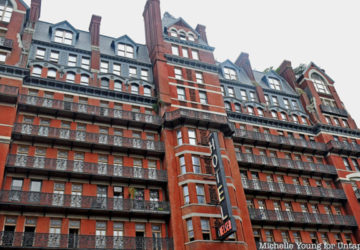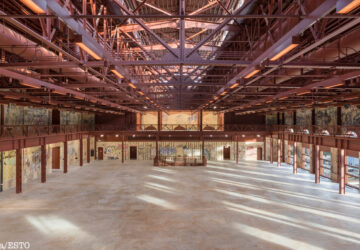
In New York City, there are streets named after musicians, astronauts, and even board games. The names of the city bear traces of the people who were here before us, from the Lenape Native Americans to the Dutch and English colonists. The names of New York boroughs represent the city’s storied history and the diverse groups of people who have inhabited these places. In his new book, Names of New York, which was featured in The New Yorker and The New York Times, author Joshua Jelly-Schapiro explores how the history and culture of New York City, as well as some misinterpretations and legends, have influenced the names of its neighborhoods, roads, and natural features. Using Jelly-Schapiro’s book as a launching point, Untapped New York traced the stories of how the five New York boroughs got their names!
Manhattan

In the first chapter of his book, Jelly-Schapiro relates the story of Henry Hudson‘s 1609 voyage up the river that would later come to bear his name. One of the seamen aboard the ship wrote in his journal that a group of Native Americans they met pointed to the land we now call Manhattan and said “Manahata.” These Native Americans would have been speaking Munsee, a language that is now considered endangered. The European explorers of the time, distracted by the natural riches of the island, didn’t take note of what “Manahata” actually meant, or at least they didn’t record its meaning.
In 1822, scholar John Gottlieb Ernestus Heckewelder posited that “Mannahatta,” which the explorers claimed to have heard, was actually “Manahachtanienk,” which meant “island where we all became intoxicated.” A successor of Heckewelder’s, William Wallace Tooker, reinterpreted the meaning as “island of the hills” in 1901. The most credible theory we have today comes from Canadian scholar Albert Anthony, who is fluent in Munsee. Anthony proposes that “Man-a-ha-tonh” meant “place where we gather timber for bows and arrows.” Another theory is that the sailors heard the word “Menating” which translates simply to “island.”





